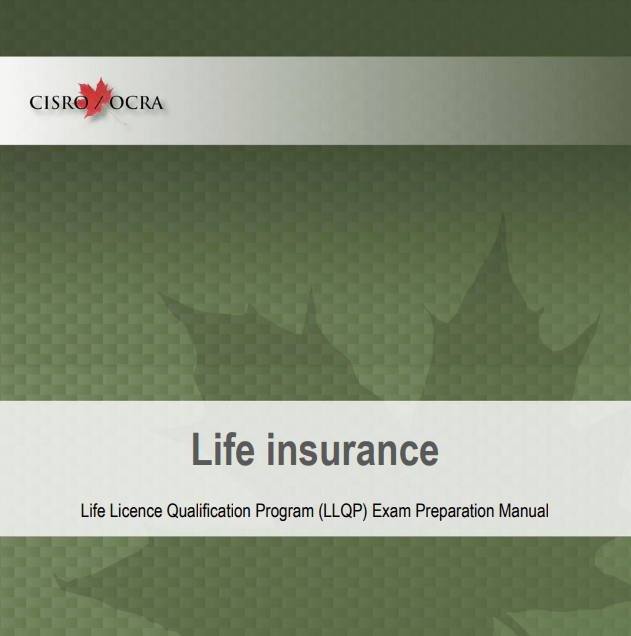
What is Title Insurance?
Who needs title insurance? Anyone who owns a house! Title insurance is a policy of insurance that provides coverage for the title-related risks associated with real estate transactions. It is designed to cover the unpredictable or undetectable issues such as forgery, fraud, missing heirs, etc. that can affect rights of ownership. Because it is insurance, a title insurance policy moves the risk associated with title from the homebuyer, the lending institution or the lawyer, to the title insurer.
If there is a problem with title that only becomes known after closing, the title insurer may rectify the problem or compensate the title insurance policyholder, provided the type of problem that surfaces is covered by the title insurance policy.
Types of Policies
Title Insurance policies can typically be broken down into two basic categories:
Lender Policy
This policy is normally taken at the request of the lender upon closing of a refinancing transaction. These policies may provide coverage to both the lender and the homeowner, which is recommended.
Homeowner’s Policy
This policy is normally taken by the new homeowner when purchasing a property; however title insurance can be purchased at any time during the homeowner’s ownership of the property.
A Title Insurance policy typically protects against the following risks:
- Defence of title
- Fraud and forgery (including title theft, the registration of a fraudulent mortgage, etc)
- Unenforceability of the insured mortgage
- Defects that would have been revealed by an up to date Survey
- Errors in the Survey
- Legal services, including lawyer negligence, lawyer fraud, lawyer death, disbarment or retirement
- Defects in title such as liens, executions, adverse claims, encroachments, unregistered easements, mortgages and other encumbrances
- Unmarketability of title
- Hydro, tax, water and gas arrears
- Executions against prior owners
- Condominium status certificates
- Septic system violations
- Work orders, non-conforming zoning
- Restrictive covenants
- Municipal work orders and permits
- Unregistered hydro easements
- Other risks covered by the policy.
Mortgage brokering in Ontario is regulated by the Financial Services Commission of Ontario (FSCO) and requires a license. To obtain a license you must first pass an accredited course. The Real Estate and Mortgage Institute of Canada Inc. (REMIC) is accredited by FSCO to provide the course. For more information please visit us at www.remic.ca/getlicensed or call us at 877-447-3642.
A Title Insurance policy will typically not protect against the following risks:
- Title issues that arise after the policy date that were not present before (other than fraud and other covered risks)
- Title defects that the homeowner was aware of and to which the homeowner agreed
- Title defects that the homeowner was aware of and about which the homeowner did not inform the insurer
- Environmental hazards, unless noted on title
- Legality or rents
- Fire retrofit compliance
- Costs of moving fences or boundary walls
- Losses from failing to make a claim in a timely fashion
- Other exclusions included in the policy.












